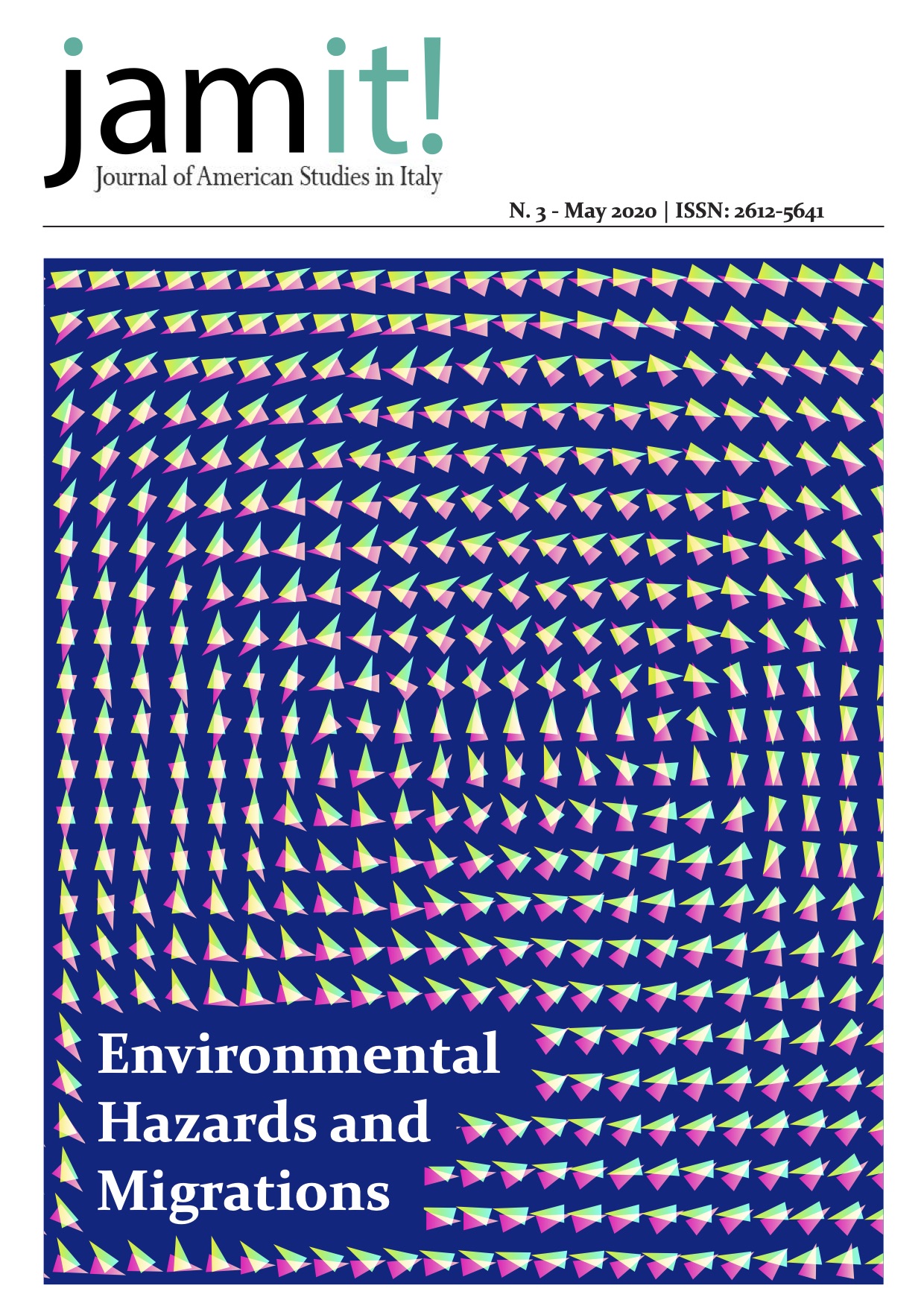Migration and Biopower: An Ecological Reading of Henry David Thoreau’s Walden
DOI:
https://doi.org/10.13135/2612-5641/4231Schlagworte:
Thoreau, Walden, Bipolitics, Biopower, AnthropoceneAbstract
This article discusses Thoreau’s Walden; or, Life in the Wood (1854) as an interpretative key to rethink contemporary relations between humans and nonhumans in ecological systems. While Thoreau’s Civil Disobedience came to be seen as his main political work sensu stricto, Walden’s socio-environmental criticisms has commonly been regarded as outside the scope of his political commitment. As this essay demonstrates, Thoreau’s social critique focused not solely on human life, but it widely encompassed the relevance of nonhuman beings, such as plants and animals or the pond’s ecosystem as a whole. Yet, how can such a critical discussion be adopted in order to reflect on the relations between humans and nonhumans in the current Anthropocene era? Informed by the critical tools of the environmental humanities and ecocriticism, we seek to expand Foucault’s concept of biopower to nonhuman beings through a critical reading of Thoreau’s Walden, what we consider as a cutting-edge attempt to present a less anthropocentric idea of ecological systems.
Downloads
Veröffentlicht
Ausgabe
Rubrik
Lizenz
Authors who publish with this journal agree to the following terms:
- Authors retain the copyright and full publishing rights for their submissions to the journal.
- Authors grant the journal right of first publication with the work simultaneously licensed under a Creative Commons Attribution-NonCommercial-NoDerivatives 4.0 International License that allows others to share unedited work for non-commercial purposes with an acknowledgement of the work's authorship and initial publication in this journal.
- Authors are able to enter into separate, additional contractual arrangements for the non-exclusive distribution of the journal's published version of the work (e.g., post it to an institutional repository or publish it in a book), with an acknowledgement of its initial publication in this journal.
- Authors are permitted and encouraged to post their work online (e.g., in institutional repositories or on their website) prior to and during the submission process, as it can lead to productive exchanges, as well as earlier and greater citation of published work (See The Effect of Open Access).




